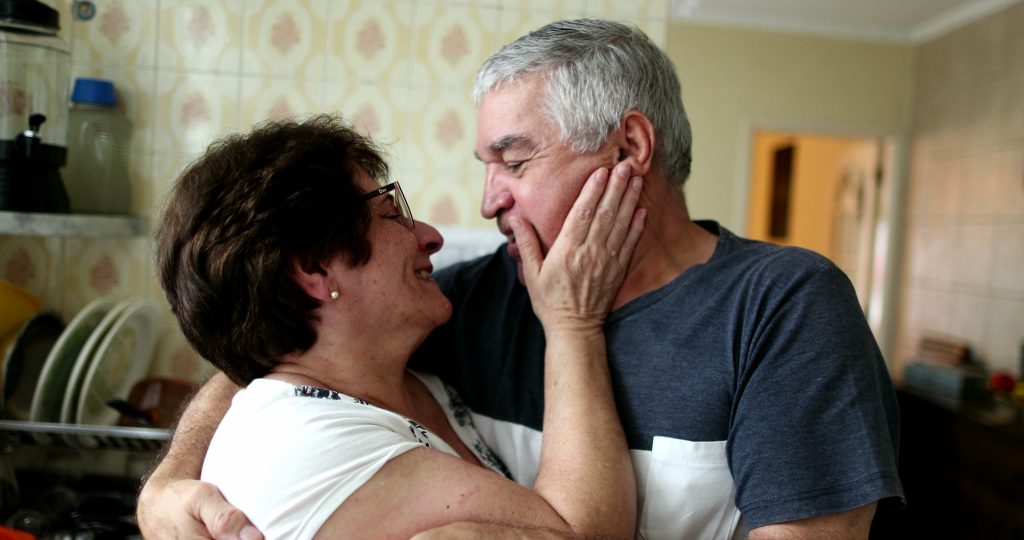Alzheimer’s activist Rebecca Chopp recommends testing early for the disease
Individuals with mild symptoms often may continue to work, drive and participate in their favorite activities, with occasional help from family members and friends.

November is Alzheimer’s Disease Awareness Month. There’s 6.7 million people 65 and older that have Alzheimer’s disease in the U.S. according to the Alzheimer’s Association. It’s a progressive neurodegenerative disorder, which causes memory and cognition loss, and behavioral changes.
Rebecca Chopp is an Alzheimer’s activist and the former chancellor of the University of Denver. She says it’s important to get tested early.
“65 is a very good age to get tested. But more importantly, even if you’re 49 and something is not quite right,” she said. “You should go for a mini cognitive exam. It’s a 10-minute exam in your primary care service office.”
Chopp says sleeping more can be one early sign.
She says she was devastated by her diagnosis in 2019.
“I was going to work, then my husband and I would travel and, you know, on and on and on, I’d write a couple of books,” she said, but has since adapted to reading, writing and painting.
The Association says minority populations — twice as many Black older adults compared to white adults, and one third of older Hispanic adults compared to white adults, are likely to have Alzheimer’s.
The Alzheimer’s Association is working to build networks in local communities to raise awareness.
“African Americans, Hispanics, Latinos, those are very different communities, about how they relate to the medical community, how they experience Alzheimer’s. So we’re trying to get the information out by building networks on the ground where people are,” she said.
Chopp says older adults living in intergenerational homes can help people with Alzheimer’s. For example, she says Hispanic and LatinX communities have phenomenal intergenerational networks, where more people can help out, which in turn reduces loneliness and depression in older adults. She says older adults can also give back by helping babysit in some cases.
Some of the biggest misconceptions of Alzheimer’s is that people will become completely dependable on others, that people can’t do anything about it, and that people with the disease can’t “give back.” Chopp says, they can.
“They can take up new hobbies, but many people can keep on working,” she said, adding that people can manage Alzheimer’s by eating a well-balanced diet, sleep, and exercise.
For more information about Alzheimer’s disease, visit alz.org.
Trusted, accurate, up-to-date.
WDET strives to make our journalism accessible to everyone. As a public media institution, we maintain our journalistic integrity through independent support from readers like you. If you value WDET as your source of news, music and conversation, please make a gift today.
